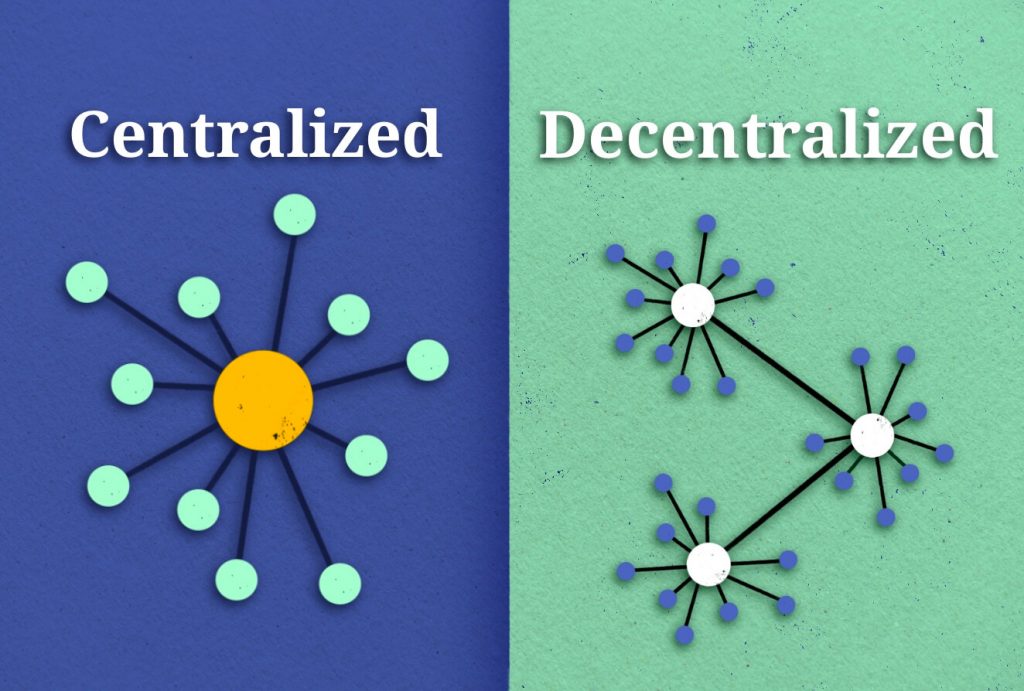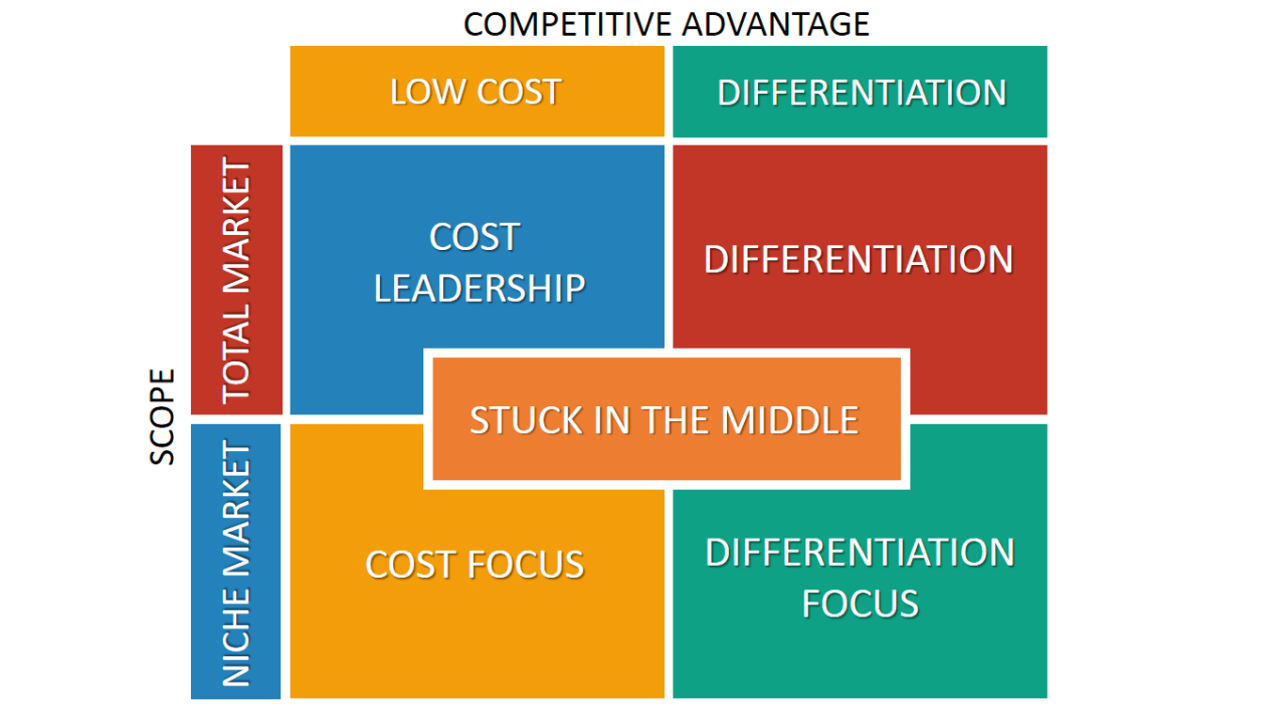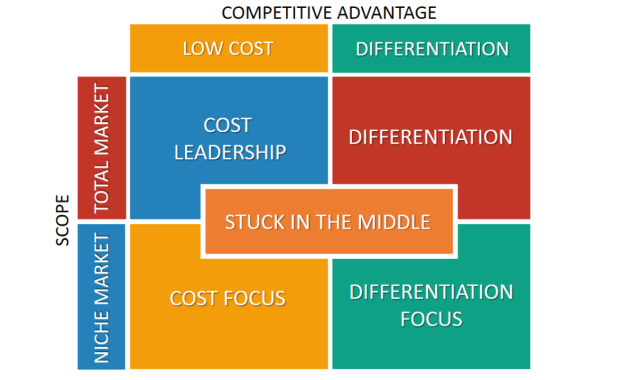Will Cryptocurrencies Be Regulated or Decentralized in the Future? As we stand on the brink of a financial revolution, this question looms large over the digital landscape. Cryptocurrencies have transcended their early days as mere novelties, evolving into powerful tools that challenge traditional financial systems. With the potential to redefine economic interactions globally, the debate around regulation versus decentralization stirs curiosity and concern alike.
The landscape of cryptocurrencies is as dynamic as it is complex, marked by the contrasting philosophies of regulation and decentralization. On one hand, regulation aims to instill security and trust in an often volatile market, providing a safety net for investors and users. On the other, decentralization champions the removal of intermediaries, empowering individuals with direct control over their assets.
As we explore these competing ideologies, we discover the implications they hold for the future of finance and our society.
In a world brimming with information and noise, the ability to persuade others stands as an invaluable skill. Whether you’re navigating the boardroom, engaging in social interactions, or crafting a compelling narrative, mastering the art of persuasion can pave the way for success. But what exactly makes an argument persuasive? How can one effectively influence others while maintaining integrity and respect?
This article seeks to unravel the intricacies of persuasive communication, providing you with actionable insights to enhance your influence.
Understanding Persuasion
Persuasion is more than just convincing someone to see things your way; it’s about presenting ideas in a manner that resonates with others. It involves understanding your audience, crafting a compelling narrative, and employing various techniques to elicit a desired response. Whether you’re speaking to a large audience or having a one-on-one conversation, the principles of effective persuasion remain the same.
The Psychology Behind Persuasion
At its core, persuasion taps into the psychology of human behavior. People are driven by emotions, beliefs, and perceptions. Understanding these psychological triggers can help you design your message in a way that appeals to your audience on a deeper level. Here are some key psychological principles to consider:
- Reciprocity: People are more likely to respond positively when they feel they owe you something. Offering a small favor or assistance can create a sense of obligation.
- Commitment and Consistency: Once someone commits to a position, they are more likely to stick with it. Encouraging small commitments can lead to larger agreements.
- Social Proof: Individuals often look to others for guidance on how to behave. Showing that others support your idea can influence decisions.
- Authority: People are more likely to be persuaded by someone they perceive as an authority figure. Establishing credibility and expertise can bolster your message.
- Scarcity: The fear of missing out can be a powerful motivator. Highlighting limited availability can create urgency.
Crafting a Compelling Message: Will Cryptocurrencies Be Regulated Or Decentralized In The Future?
The first step to effective persuasion is crafting a compelling message. Here are several strategies to help you do just that:
Know Your Audience
Understand who you are speaking to and tailor your message accordingly. Consider their values, interests, and potential objections. Empathy plays a crucial role here; when your audience feels understood, they are more open to your perspective.
Tell a Story, Will Cryptocurrencies Be Regulated or Decentralized in the Future?
Humans are wired for stories. Incorporating storytelling into your communication can make your message more relatable and memorable. A well-told story can create an emotional connection that statistics and facts alone often cannot achieve.
Use Clear and Concise Language
Avoid jargon and overly complex language. Clear and concise communication increases comprehension and keeps your audience engaged. Stick to your main points, and avoid overwhelming listeners with too much information.
Appeal to Emotions
Emotions drive decision-making. Use language that evokes feelings, whether it’s happiness, fear, or hope. When you connect emotionally, your audience is more likely to resonate with your message.
Provide Evidence
Support your claims with credible evidence. This can include statistics, testimonials, or case studies that substantiate your argument. Evidence lends authority to your message and can help sway skeptical audiences.
Delivery Matters
The way you deliver your message is just as important as the content itself. Here’s how to enhance your delivery:
Body Language
Your body language can convey confidence and sincerity. Maintain eye contact, use positive gestures, and be mindful of your posture. Non-verbal cues can significantly influence how your message is received.
Vocal Variety
A monotone delivery can disengage your audience. Use vocal variety to emphasize key points and maintain interest. Varying your pitch, volume, and pace can add dynamism to your presentation.
Practice Active Listening
Effective persuasion isn’t just about talking; it’s also about listening. Show genuine interest in your audience’s feedback and concerns. Active listening fosters mutual respect and can lead to a more productive dialogue.

Overcoming Resistance
In any persuasive endeavor, you may encounter resistance. Here are some strategies to address objections effectively:
Anticipate Objections
Before you present your ideas, think about potential objections your audience may have. Addressing these concerns proactively shows that you understand different perspectives and strengthens your credibility.
Stay Calm and Composed
Resistance can be frustrating, but it’s essential to remain calm. Responding with patience and understanding fosters a more positive atmosphere for discussion.
Seek Common Ground
Identify areas of agreement and build upon them. By finding common ground, you can create a collaborative environment that encourages openness and reduces hostility.
Conclusion: The Power of Persuasion
Persuasion is an art that requires practice and refinement. By understanding the psychological principles behind human behavior, crafting compelling messages, and mastering your delivery, you can significantly enhance your ability to influence others. Remember, the ultimate goal of persuasion is not just to win arguments, but to foster understanding and connection. With these tools at your disposal, you can navigate any conversation with confidence, leaving a lasting impact on those around you.















